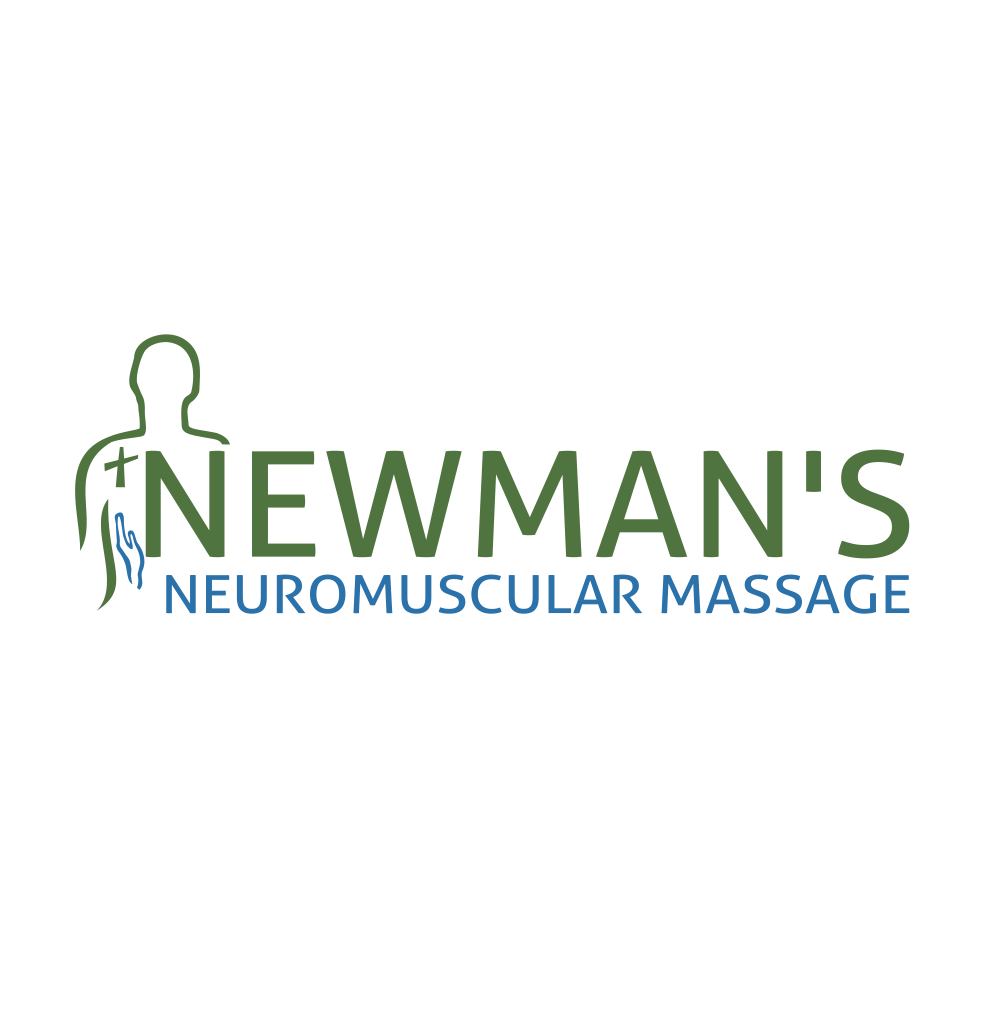How long have you been practicing and how did you get started?
The way I got into massage therapy is I had a little issue with my shoulder and I went to a neuromuscular massage therapist and had three treatments. After the three treatments, well actually after the first treatment, my shoulder didn't bother me. I had a script for three, so I went two more times and I talked with her about massage therapy and where she had gone to school, and what it took to get to become a massage therapist. She told me that she had gone to Dr. Welby's College of Massage Therapy in Omaha, Nebraska. I went up there, enrolled, and started in that shortly after.
After graduating, I received my license in April of '92, and then I started doing neuromuscular massage, which is a type of myotherapy work. Soon after, I started working at 48th and Holdredge under the name The Wellness Clinic. After that, I worked alongside a gentleman by the name of Ron Hurska who is a physical therapist that owns Postural Restoration Institute, which is a company here in town that does physical therapy. I learned a lot of information through him about what I do today. I did that for three or four years and then started Newman Neuromuscular Massage Incorporated.
What are your medical certification/credentials and what is needed to be certified in neuromuscular massage?
In Nebraska, we have to have a certification or a license which requires one thousand hours of schooling at the actual school, in school time. Then after going through all of these classes for neuromuscular massage in '99, that's when I became certified in neuromuscular massage. Then, in May of 2015 I completed my personal training certification through the National Association of Sports Medicine.
I've had a lot of seminars that I went through with Postural Restoration Institute to learn about the breathing technology and how the body is not symmetrical and how to help to balance that out. Additionally, I have been through numerous different seminars for neuromuscular massage therapy and finally got certified in neuromuscular massage therapy in 1999.
What's kind of your favorite part of the workday?
The thing that I like so much about my day is when I am able to actually help somebody understand why they have some of the discomfort that they have. Meaning, I can help them to understand that they stand on their right foot more than they do their left, which creates the balance of the body to be totally out of whack and they're not symmetrical in that sense. Then when you're able to help them understand that and be able to work with them and they walk out of the office and say, "Man, I feel great," because you helped them to move from where they were at to where they are now and feeling better. That is just unbelievable to be able to see that happen and see the people's responses to the type of work that we do here.
Who can benefit from massage therapy?
Anyone and everyone can benefit from massage. Massage will help reduce tension in a person's body by increasing the circulation of the blood in the body; that's going to help any kind of muscle tissue injury or whatever there is from that. Sports injuries - we can work with that quite well too. Again, by helping people understand they need a little bit of a balance in what's going on. Maybe we don't work the one side of the body, or the one muscle on the left side, the same way as what we would work on the right side, because they're different in tensions and the muscles have different tensions in them.
Massage can benefit just about anybody if they have some desires. When a person comes in with some kind of an injury or a chronic problem or whatever that may be, I can take a look at them as they walk in and notice certain things that are pretty common for most people. Even those that don't have the desire to get better, they still feel better when they're done because what it does to the body naturally. It always comes down to people wanting to change and improve their lives.
What should people expect when they come into Newman’s Neuromuscular Massage?
Generally speaking, with my first appointment, I like to have at least fifteen minutes, if not more, to be able to talk to them and ask them questions about what they're feeling, what part of the body has discomfort, or whatever is going on with them. Next, we will discuss the possibilities of what muscles are used, what they for a living, how they sit, maybe how they stand, even down to discussing the position of their shoulders or their arms and how that would help to release neck pinching; different things like that. It's these every day things that could be adjusted to aid them so that they don't have that discomfort all the time.

